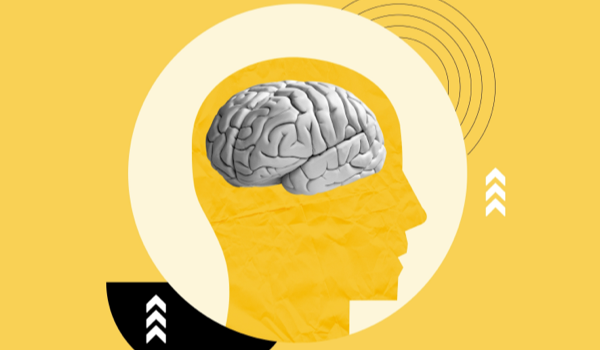


Location: A fireside.
We’ll raise a cup of kindness yet, for the sake of…
A: Well, here we are, sitting before our fire, toasting bread in the flames, and supping our celebratory cups. This is a time for reminiscing and looking to the future. Let’s reminisce about our discussions and conclusions over the past five chats. We began, if you remember, with a look at algorithms.
C: Yes, and at fuzzy logic. That’s why we started with ‘Yes, No, Maybe’ and we concluded that fuzzy logic is actually nested yes/no selections, not a third state.
D: Ah yes, the burned/not burned toast decision - like you are making now, but not very well judging from the smell.
C: Oh, oops. We said a human needs to decide how dry the bread should be and how thick the toast so as to give proper instructions to the machine. Clearly, that’s not something I should be trusted to do!
A: We concluded that even when a machine is using fuzzy logic, it is not actually thinking. Instead, it is relying on data it is given or collects via sensors, and it then acts on that data without further human interaction on that occasion.
We also concluded that ‘machine learning’ is not autonomous. It acts in accordance with its instructions within parameters, and we know what happens if parameters are not set: It continues to do what it has been told until someone unplugs it.
We then concluded that machines do not think like humans because they have no intellectual capacity. They cannot feel because they have no emotional capacity. However, they can be programmed to fake it. In this, they are in some ways similar to a psychopath.
The importance of sensory perception
C: I repeat my favorite - or, in British
The content herein is subject to copyright by The Yuan. All rights reserved. The content of the services is owned or licensed to The Yuan. Such content from The Yuan may be shared and reprinted but must clearly identify The Yuan as its original source. Content from a third-party copyright holder identified in the copyright notice contained in such third party’s content appearing in The Yuan must likewise be clearly labeled as such. Continue with Linkedin
Continue with Linkedin
 Continue with Google
Continue with Google







 1821 views
1821 views










